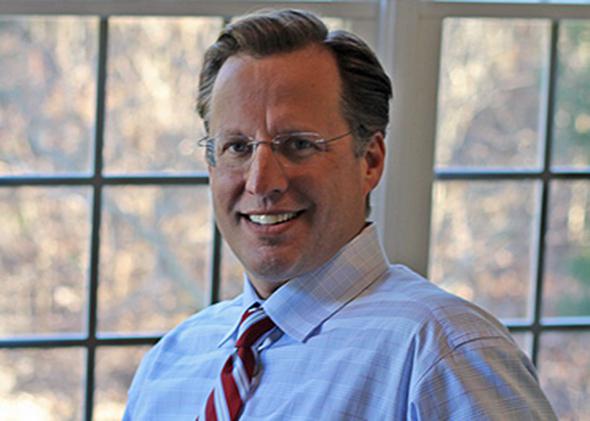What is the true measure of a man? Conservative economics professor David Brat’s shocking primary win last night put that question in every reporter’s mind, leaving us scrambling to read Brat’s Rate My Professor ratings and analyze his Ayn Rand-centric reading habits. Now the Huffington Post has joined the fun, digging up Brat’s Ph.D. capstone at American University, unpromisingly titled “Human Capital, Religion And Economic Growth.” Brat concluded that Protestantism was integral to the development of science—not a particularly controversial idea, or one that reveals much about economics. His thesis:
Protestantism provided a world-view which connected the ordinary citizen to both the interpretation of science and to their place within the State. In this sense, science was placed in a less-threatening, less-volatile context, and in this sense Protestantism played a part in the advancement of science.
As tempting as it may be to tether this work to Brat’s current political ideology—which rejects the very concept of the “common good”—the connection may be somewhat tenuous. Your time might be better spent digging through Brat’s more recent reader on the history of economic thought, which my colleague Jordan Weissmann brilliantly critiqued today. Still, intrepid readers are welcome to dig through 201 pages of dense prose to find the seeds of thought that would eventually flower into the conservative-libertarian mindset we have all come to learn about over the last 24 hours.
